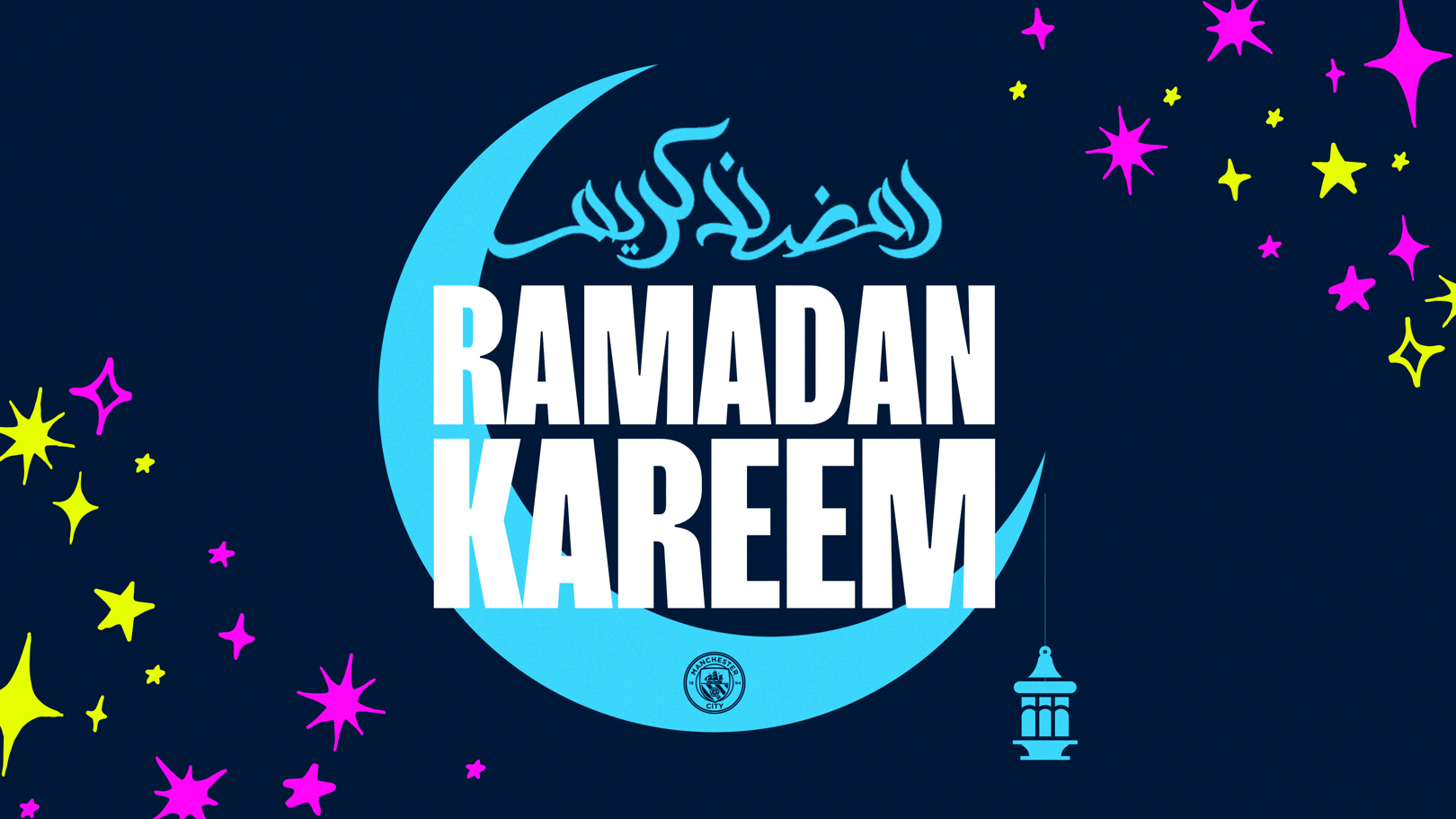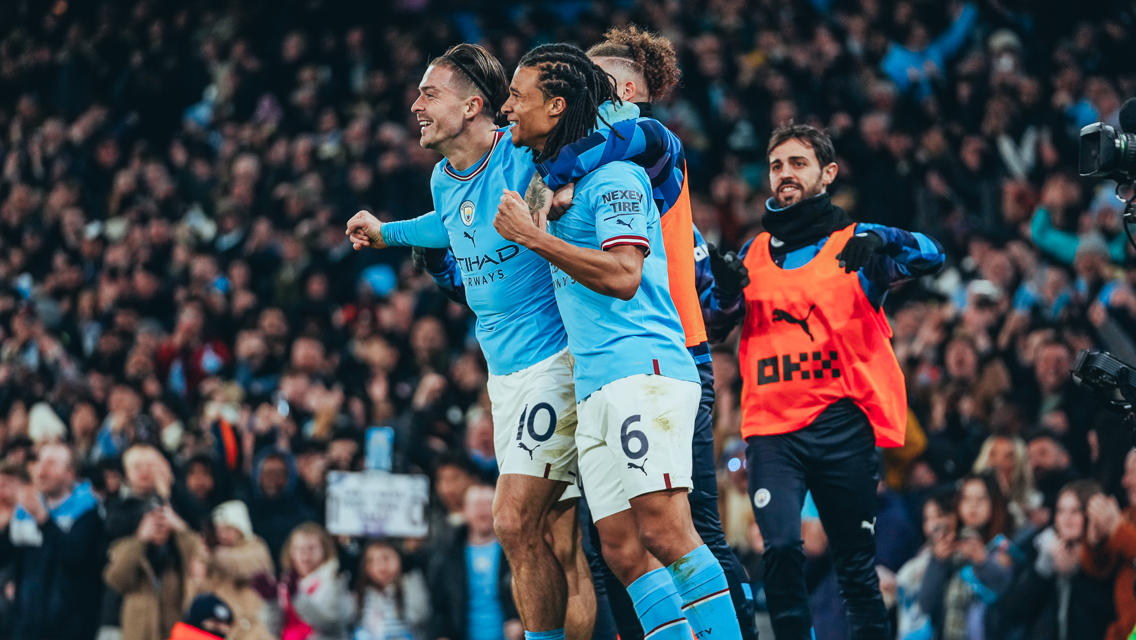The first story comes from the charity’s 11+ Education Manager, Jonathan Pauley.
Ramadan is the ninth month of the Islamic calendar, which is based on the lunar calendar. It is celebrated as the month that the Qur’an (Holy book) was first revealed to the Prophet Muhammad (PBUH) in 610 AD. This is known in Arabic as “Laylat Al Qadar” (Night of power).
During this time, Muslims abstain from eating and drinking from dawn to sunset for 29/30 days.
In the UK, people will fast from sunrise to sunset (approximately 15 hours) with no food or water. Muslims fast to strengthen their faith, gain closeness to Allah (God), appreciation, and build self-discipline.
Following Ramadan, there is an Eid celebration to mark the end of period of reflection, refocus and mindfulness – both of self and of others.
Jonathan sat down with us to share his experiences during a special question and answer session.
What is the purpose of Ramadan?
The purpose of Ramadan is to facilitate spiritual growth, self-discipline, and reflection for Muslims. Ramadan specifically holds great significance because it commemorates the month in which the Quran was first revealed to the Prophet Muhammad.
Why do you observe Ramadan?
I observe Ramadan because it is one of the Five Pillars of Islam. It’s an opportunity to be spiritual and reflective. I find it an extremely beneficial way to practice forbearance, discipline, and self-restraint.
What is the importance of Ramadan to you?
The appreciation aspect of Ramadan is extremely important to me. I find that throughout the year I take things for granted, yet during Ramadan I’m reminded of how fortunate I am.
What is the benefit of Ramadan to you?
Ramadan allows me to focus more on what is most important to me and my family. I find Ramadan a beneficial way to practice forbearance, discipline, and self-restraint.
How does your life/daily routine change during Ramadan?
I try and preserve energy where possible. Hobbies such as football reduce due to not drinking water. I also try to prioritise spending time with the family throughout the month.
What is your Iftar routine?
We plan meals in advance and set the table to eat together as a family. We try to eat healthily and not overeat so that we can enjoy the evening.
What is the most meaningful part of Ramadan for you?
For me, the most meaningful part of Ramadan is breaking fast with my family members. It’s nice to all experience the same challenges and appreciate the same things such as water and food.
This Ramadan what are your key takeaways and what will you implement in your life after EID?
My key takeaways this Ramadan are to better appreciate the smaller things in life and to keep up the small, but beneficial habits that I’ve established during Ramadan.
During EID how do you celebrate the end of Ramadan?
During EID we get together with the wider family, have food and enjoy each other’s company of day.
City in the Community empowers healthier lives with city youth through football.
To find out more, visit www.mancity.com/CITC or follow the charity on social media @CITCmancity.





